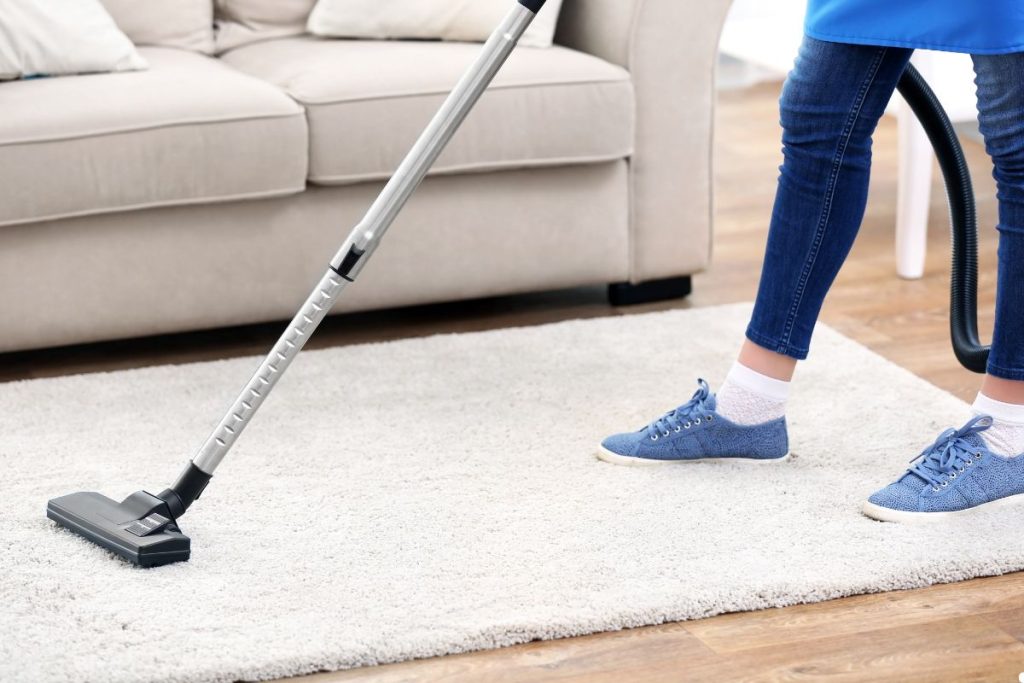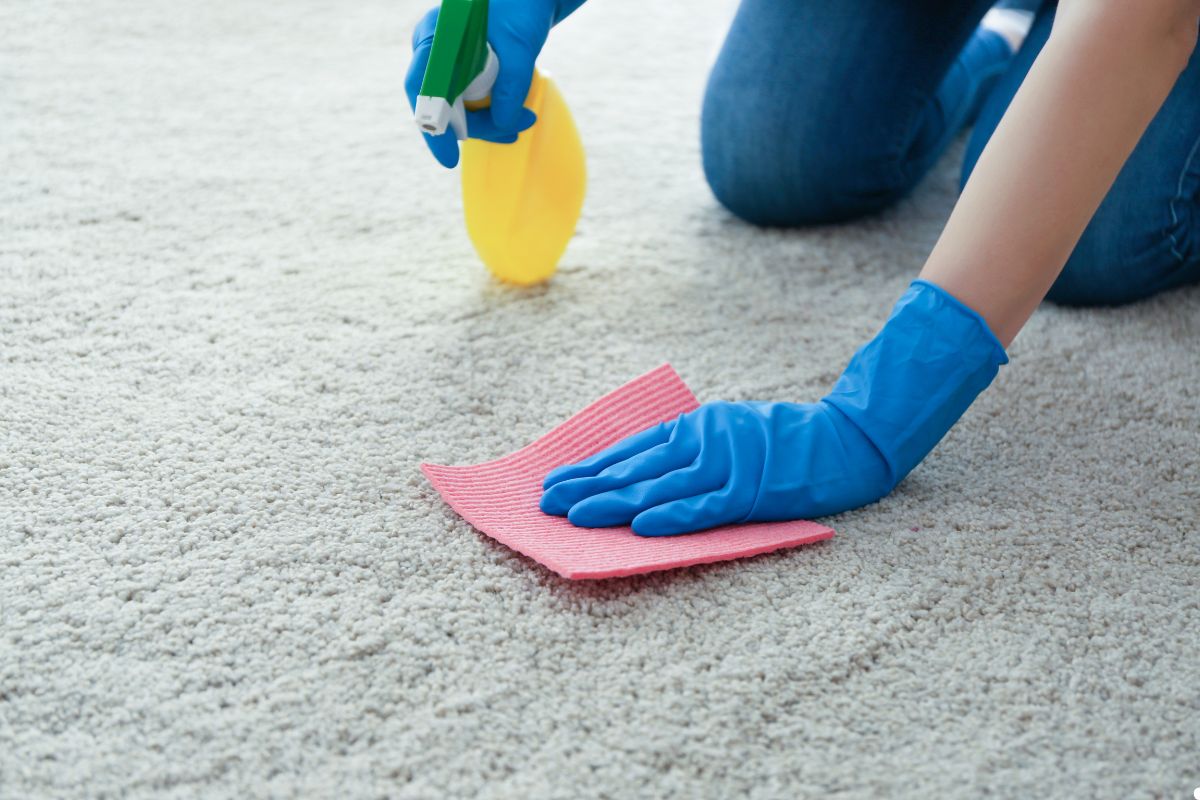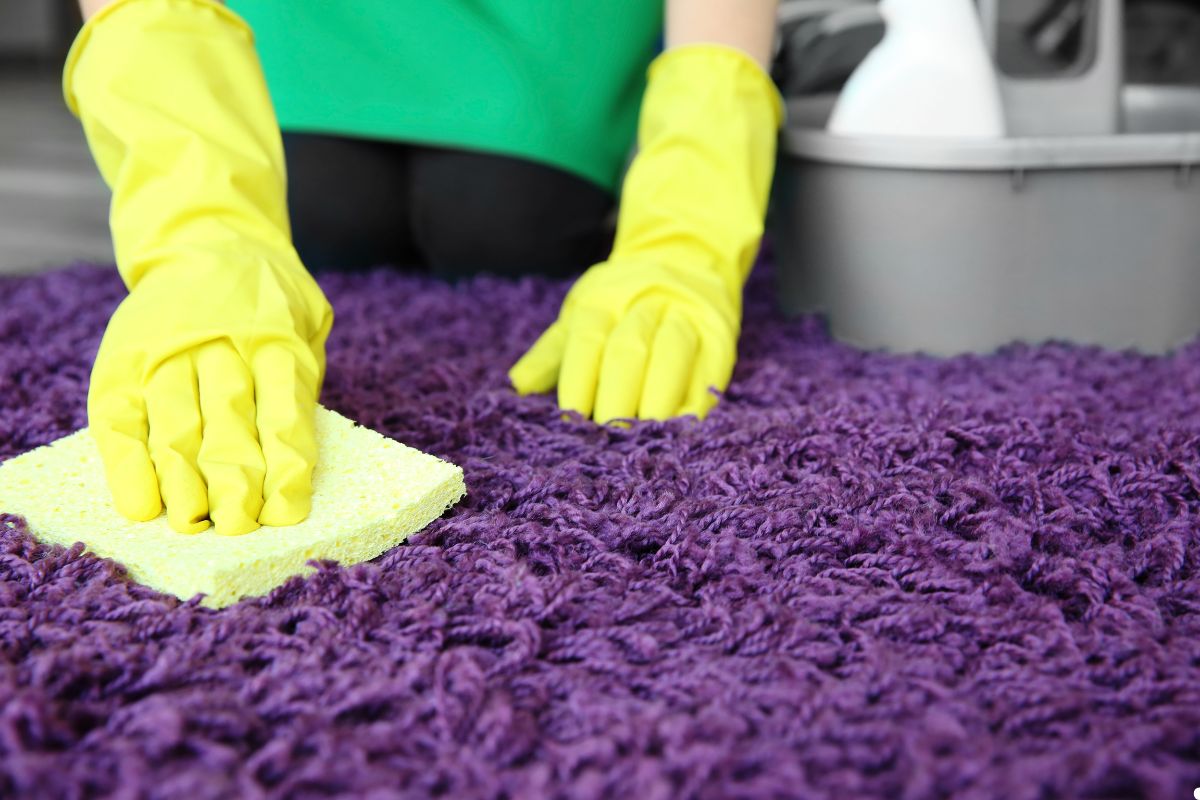
The short answer is: it’s generally a very bad idea. While the temptation to blast away carpet stains with the hottest water possible is understandable, using boiling water in your carpet cleaner can lead to serious damage to your carpets, your machine, and even yourself. This article will explore the dangers of using boiling water, the potential benefits of warm water, and safer, more effective ways to achieve a deep carpet clean. For professional carpet cleaning solutions, call us today!
Understanding Carpet Cleaners and Water Temperature
Carpet cleaning services, broadly speaking, come in two main types: steam cleaners and carpet extractors (sometimes also called “deep cleaners”). Steam cleaners use hot steam to sanitize and loosen dirt. Carpet extractors, on the other hand, spray a mixture of water and cleaning solution onto the carpet and then extract the dirty liquid.
Most manufacturers specify a recommended water temperature for their carpet cleaning machines. These recommendations are crucial. Generally, they advise using warm, not hot, water. Why? Because the components of these machines are designed to work within a certain temperature range. Exceeding that range can lead to melting, warping, and complete failure. Always consult your manufacturer recommendations to ensure you’re using the correct water temperature for your specific model. Ignoring these recommendations can not only damage your machine but also void your warranty.

The Argument Against Using Boiling Water
Here’s why pouring boiling water into your carpet cleaner is a recipe for disaster:
- Damage to Carpet Fibers: Extremely hot water can damage or even melt certain types of carpet fibers, especially synthetic ones. Natural fibers like wool can shrink or become discolored. This is especially problematic if you’ve invested in high-quality carpeting.
- Potential Damage to Cleaner Components: Most carpet cleaners contain plastic parts that aren’t designed to withstand boiling water. These parts can warp, crack, or melt, rendering your machine useless. Replacing damaged parts can be costly, and in some cases, it’s more economical to simply buy a new cleaner.
- Safety Hazards: Handling boiling water is inherently dangerous. Spills can cause severe burns, and the steam produced can also scald your skin. Moreover, if the machine malfunctions due to the extreme temperature, it could create an electrical hazard.
When Hot Water Might Be Okay (and Why It Still Might Not Be)
In very limited cases, hot (not boiling) water might be acceptable. For example, some synthetic carpets are more heat-resistant than others. However, even in these cases, proceed with extreme caution.
- Check Your Carpet Type: Identify your carpet material. If it’s a delicate natural fiber, avoid hot water altogether.
- Dilution is Key: If you’re considering hot water, dilute it significantly with cold water. Never use boiling water directly.
- Spot Testing First: Before cleaning your entire carpet, test a small, hidden area with the diluted hot water. Check for any signs of discoloration, shrinkage, or damage. If you notice anything unusual, stop immediately.
Even with these precautions, the risks often outweigh the benefits. It’s almost always better to err on the side of caution and use warm water.
The Benefits of Warm (Not Boiling) Water
While boiling water is a no-go, warm water can significantly enhance your carpet cleaning efforts.
- Improved Cleaning Power: Warm water helps to dissolve dirt and grime more effectively than cold water. It also activates the cleaning agents in your carpet cleaning solution, resulting in a more thorough clean.
- Faster Drying Time: Warm water evaporates faster than cold water, reducing the amount of time it takes for your carpets to dry. This is especially important in humid climates, where slow drying can lead to mold and mildew growth.
Alternatives to Boiling Water for Tough Stains
Don’t reach for the boiling water when faced with stubborn stains! There are safer and more effective alternatives:
- Pre-Treating Stains: Apply a stain remover to the affected area before using your carpet cleaner. Let the solution sit for the recommended amount of time (usually 5-10 minutes) to break down the stain. Use high quality carpet pre treatment for effective stain removal.
- Using a Specialized Carpet Cleaning Solution: Consider using a carpet cleaning solution specifically formulated for tough stains. Enzyme-based cleaners are particularly effective at breaking down organic stains like pet messes.
- Professional Carpet Cleaning: For truly stubborn stains or deep cleaning, consider hiring a professional carpet cleaning service. Professionals have the equipment, expertise, and cleaning solutions to tackle even the most challenging carpet cleaning jobs. Call us today if you want your stains removed effectively by certified experts.

Practical Tips for Safe and Effective Carpet Cleaning
Follow these tips for a successful and safe carpet cleaning experience:
- Read the Instructions: Always read and follow the manufacturer’s instructions for both your carpet cleaner and your cleaning solution. Wear a mask when removing carpet to avoid inhaling dust, mold, or harmful particles. Protect your health by following safety precautions during carpet removal!
- Vacuum Thoroughly First: Before using your carpet cleaner, vacuum your carpet thoroughly to remove loose dirt, dust, and debris.
- Don’t Oversaturate: Avoid oversaturating your carpet with water. Too much water can lead to mold and mildew growth, as well as damage to the carpet padding.
- Proper Ventilation: Ensure adequate ventilation in the room you’re cleaning to help the carpet dry quickly. Open windows and use fans to circulate air.
Frequently Asked Questions (FAQs)
Will boiling water kill mold in my carpet?
While boiling water might kill surface mold, it won’t address the underlying problem and could damage your carpet in the process. Professional mold remediation is the best approach. Ensure your home stays mold-free with expert help—don’t risk further damage! Contact us today for professional mold remediation.
Can I use hot water in my Bissell/Hoover/Rug Doctor carpet cleaner?
Always check your specific model’s manual for recommended water temperatures. Most models advise against using boiling water.
What type of carpet cleaner should I use for pet stains?
Enzyme based cleaners are recommended, they work great on pet stains.
Conclusion: Play it Safe for Best Results
While the idea of using boiling water in your carpet cleaner might seem like a quick fix for tough stains, the risks far outweigh the potential benefits. Protect your carpets, your machine, and yourself by sticking to warm water and following the manufacturer’s instructions. If you’re dealing with stubborn stains or simply want a deep, professional clean, consider call us for professional carpet cleaning service. We’re here to help you keep your carpets looking their best!
